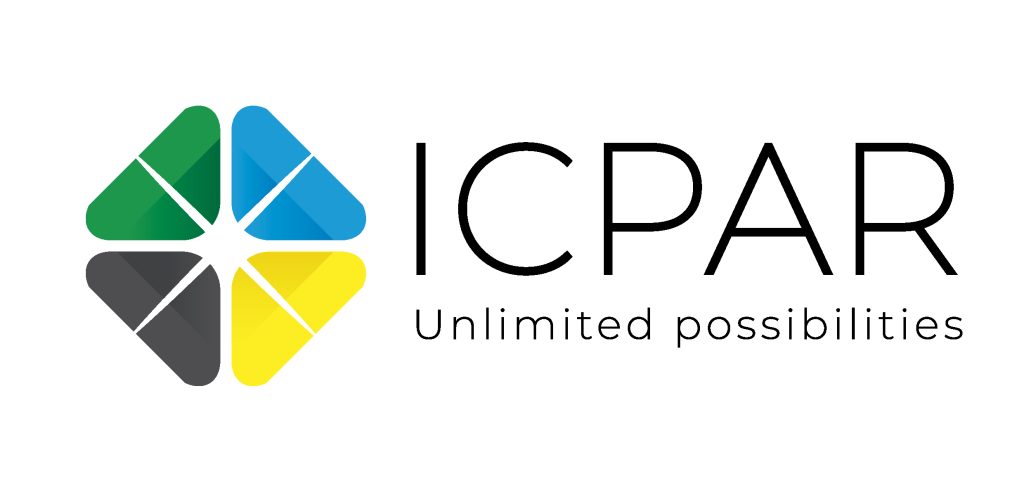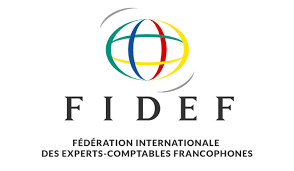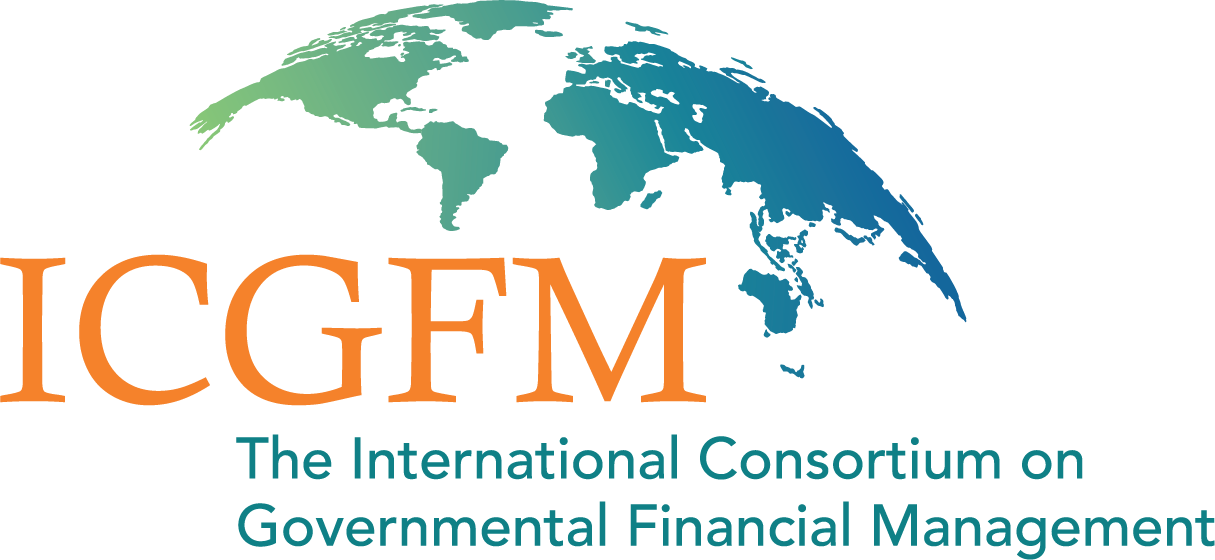Rwanda IFRS Sustainability Disclosure Knowledge Resource
Supporting Rwanda’s Transition to High-Quality Sustainability Reporting
The Rwanda IFRS Sustainability Disclosure Knowledge Resource is a dedicated platform created to support entities across the country in adopting and implementing the IFRS Sustainability Disclosure Standards. It exists to promote consistent, high-quality, and locally relevant sustainability-related financial reporting by providing accessible, authoritative, and continually updated guidance and support materials.
This resource will serve as a central reference point for preparers, assurance providers, educators, and regulators as they implement IFRS S1 and IFRS S2 in accordance with the phased Roadmap set out in Rwanda’s national adoption strategy. It has been developed to encourage wide engagement and enhance practical understanding of sustainability disclosures in a manner that complements Rwanda’s national frameworks, including BNR Guidelines, the Green Taxonomy, and sector-specific reporting requirements.
Management, Maintenance and Curation
The Knowledge Resource is maintained under the stewardship of the Institute of Certified Public Accountants of Rwanda (ICPAR), with content oversight provided by a multi-stakeholder group under the guidance of Steering Committee for the adoption of an Implementation Roadmap for IFRS Sustainability Disclosure Standards in Rwanda (ISSBSC). Its content is curated and updated in alignment with developments in IFRS Sustainability Disclosure Standards, relevant national policy updates, and emerging best practices from Rwanda and internationally..
Materials are reviewed periodically to ensure technical accuracy, practical usability, and alignment with current standards. The editorial group prioritises clarity, consistency, and interoperability with other frameworks, ensuring that the resource supports effective and efficient implementation.
User feedback mechanisms will be integrated into the platform to encourage interaction, surface new needs, and help continuously refine the relevance and responsiveness of the materials provided.




